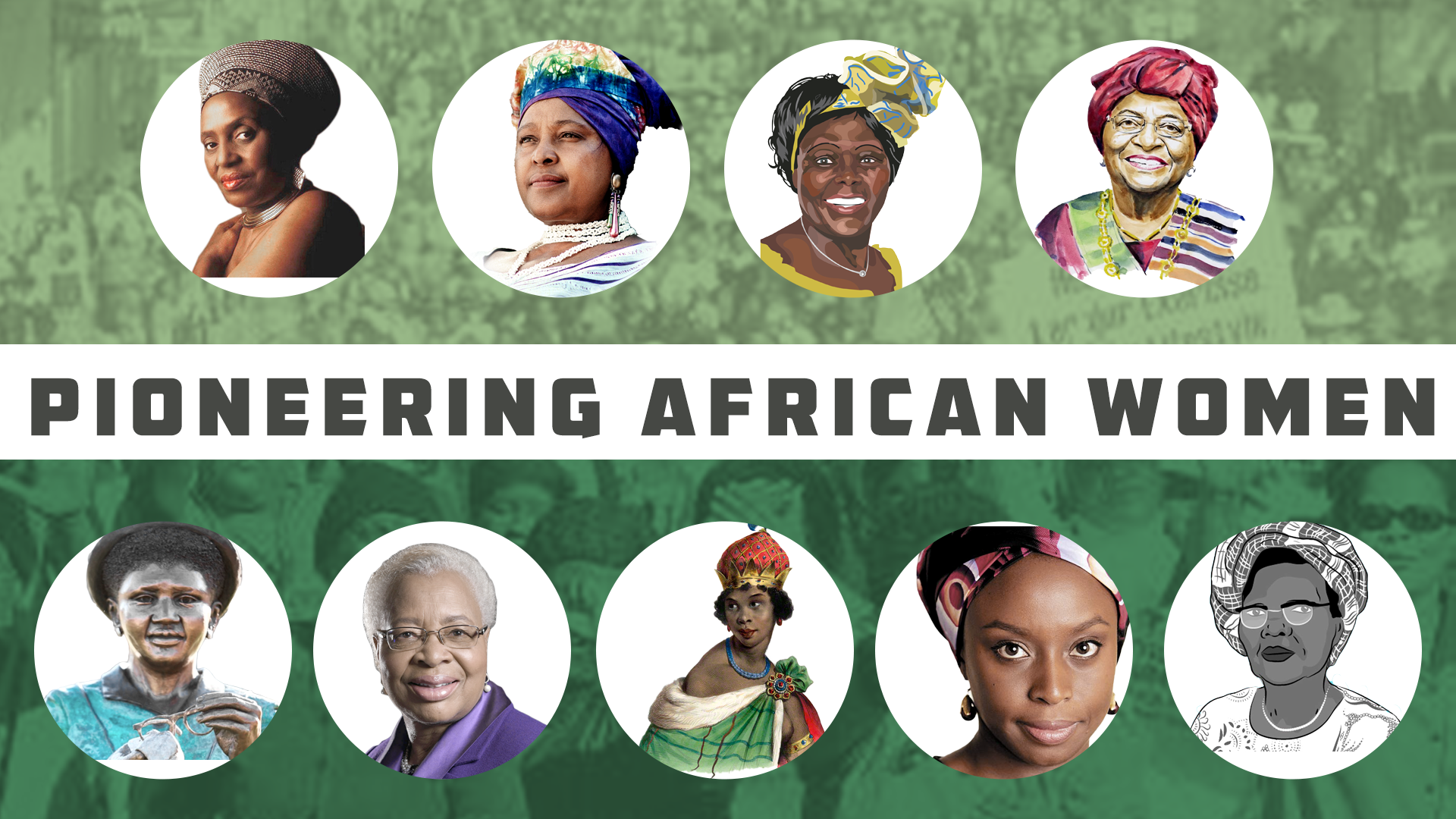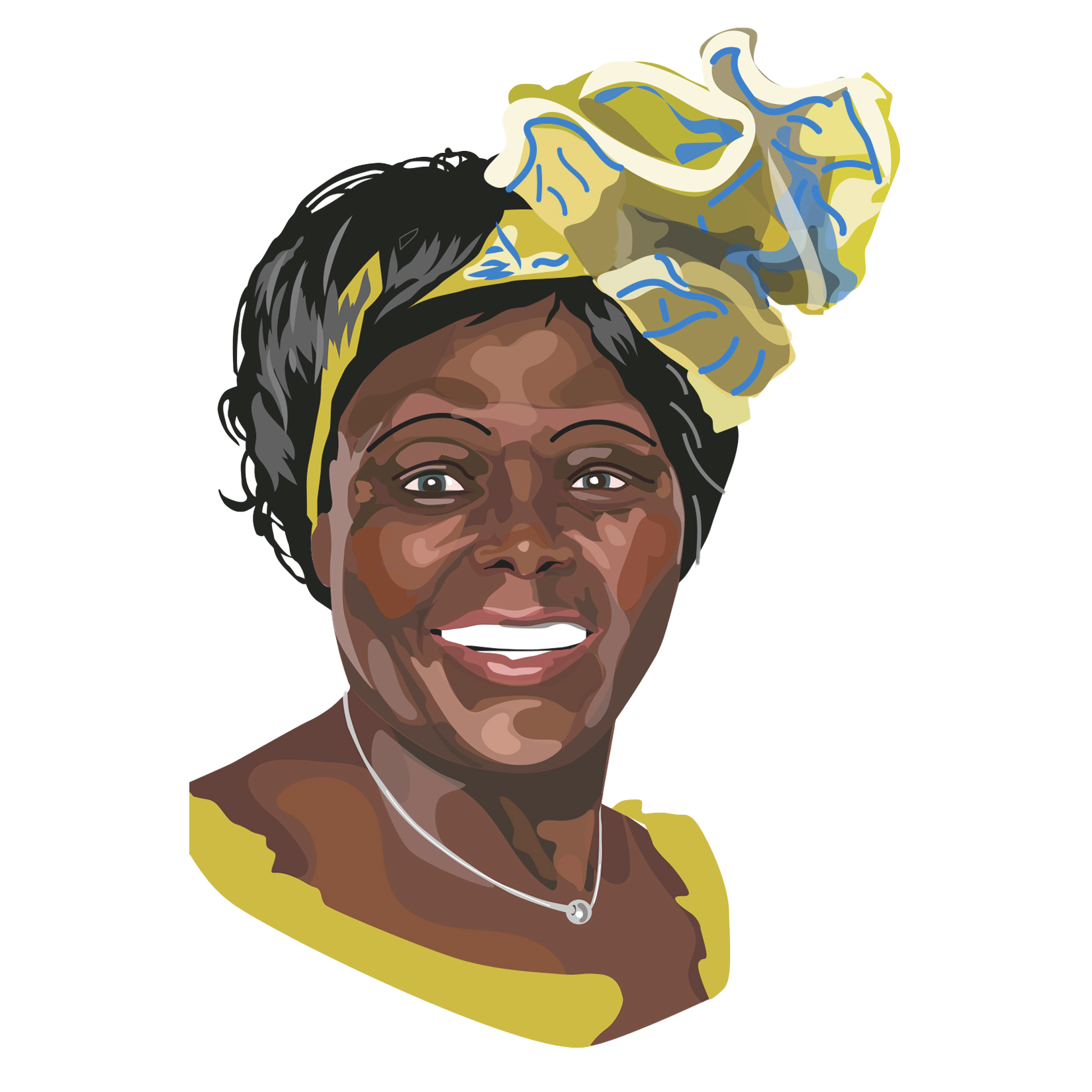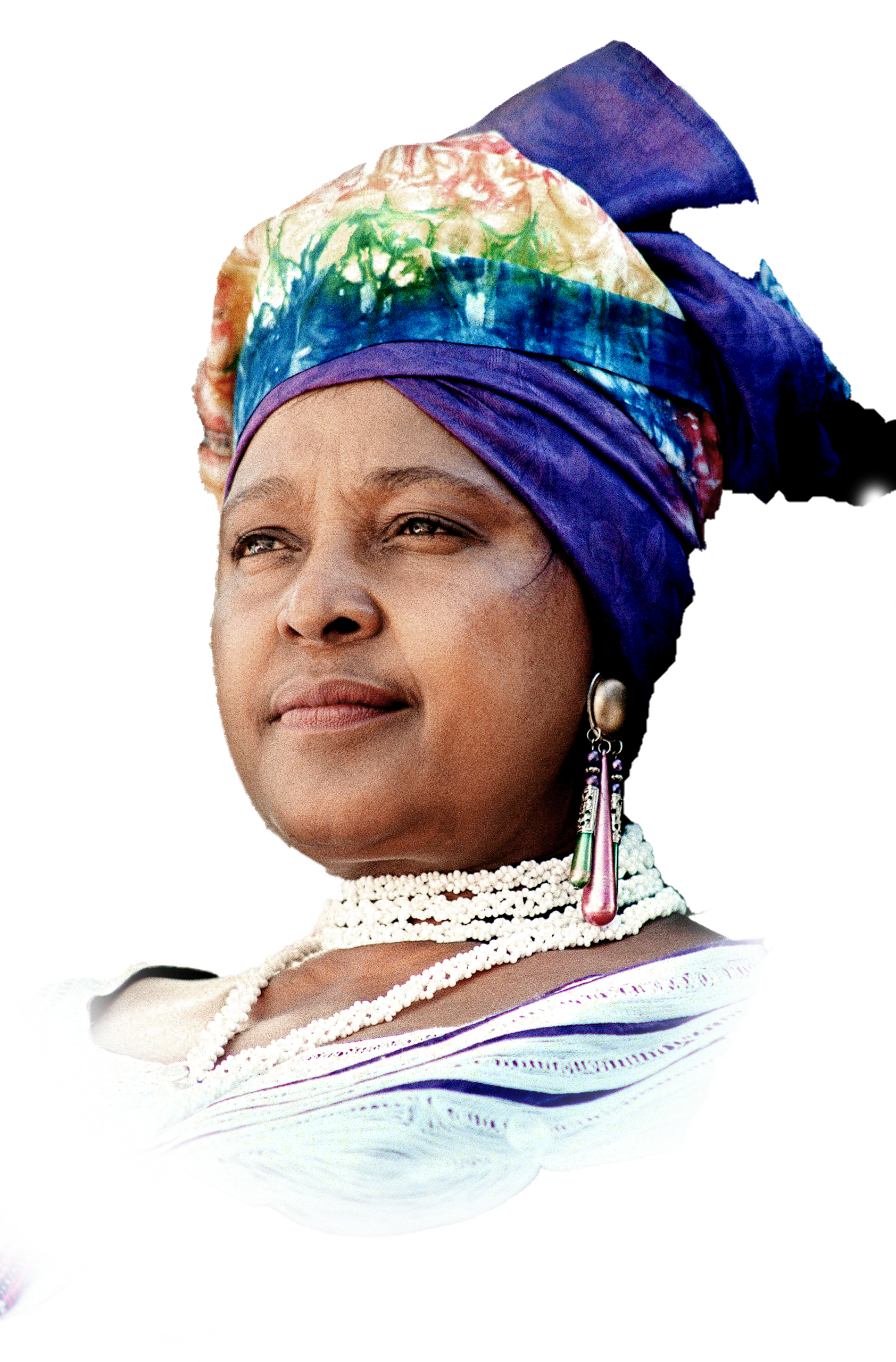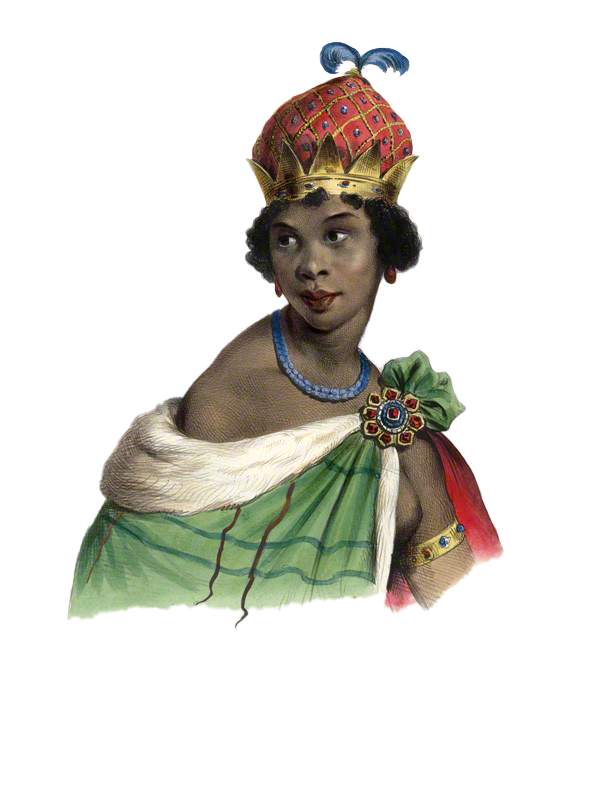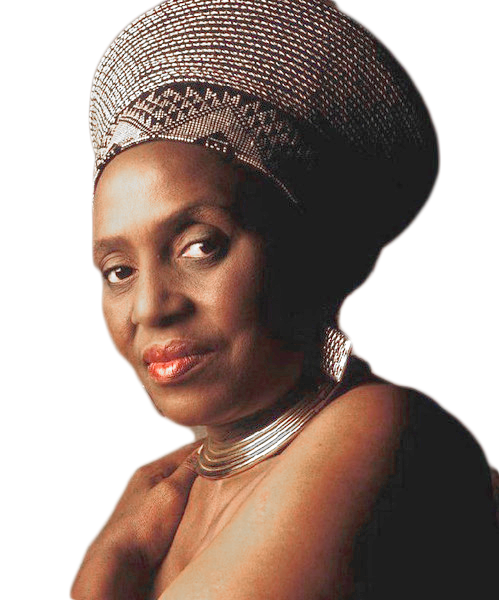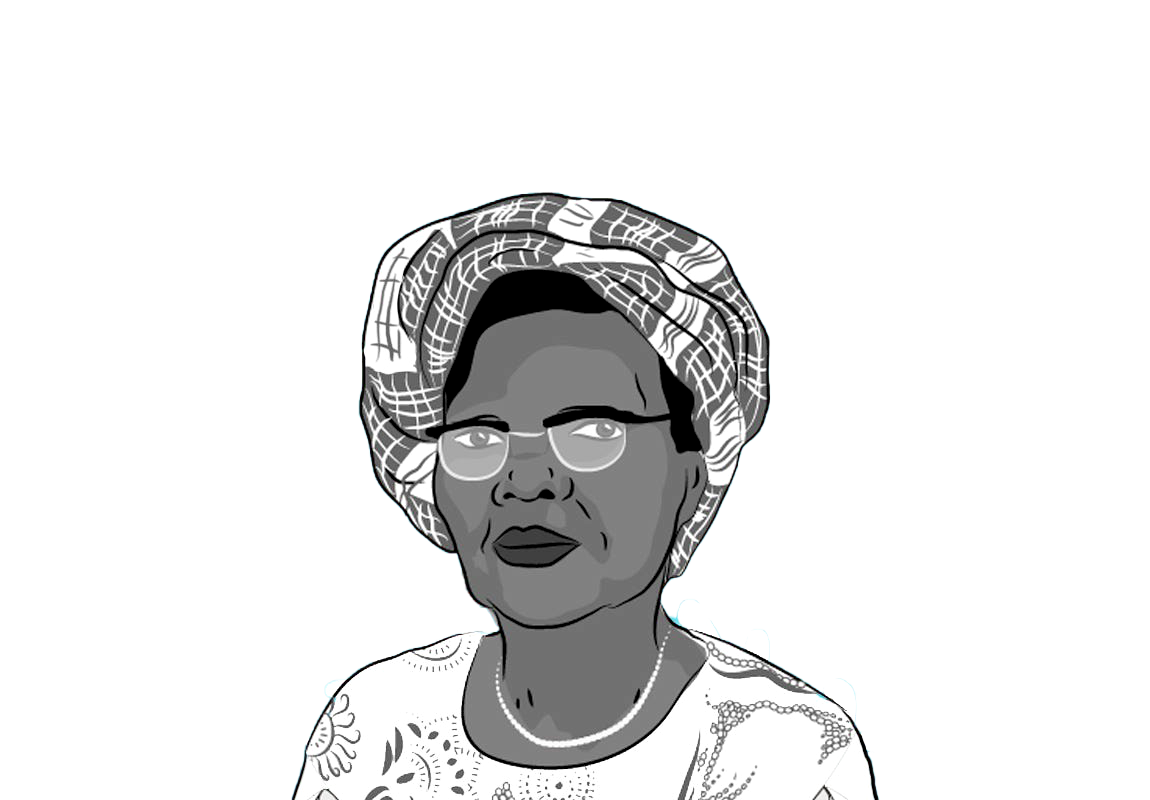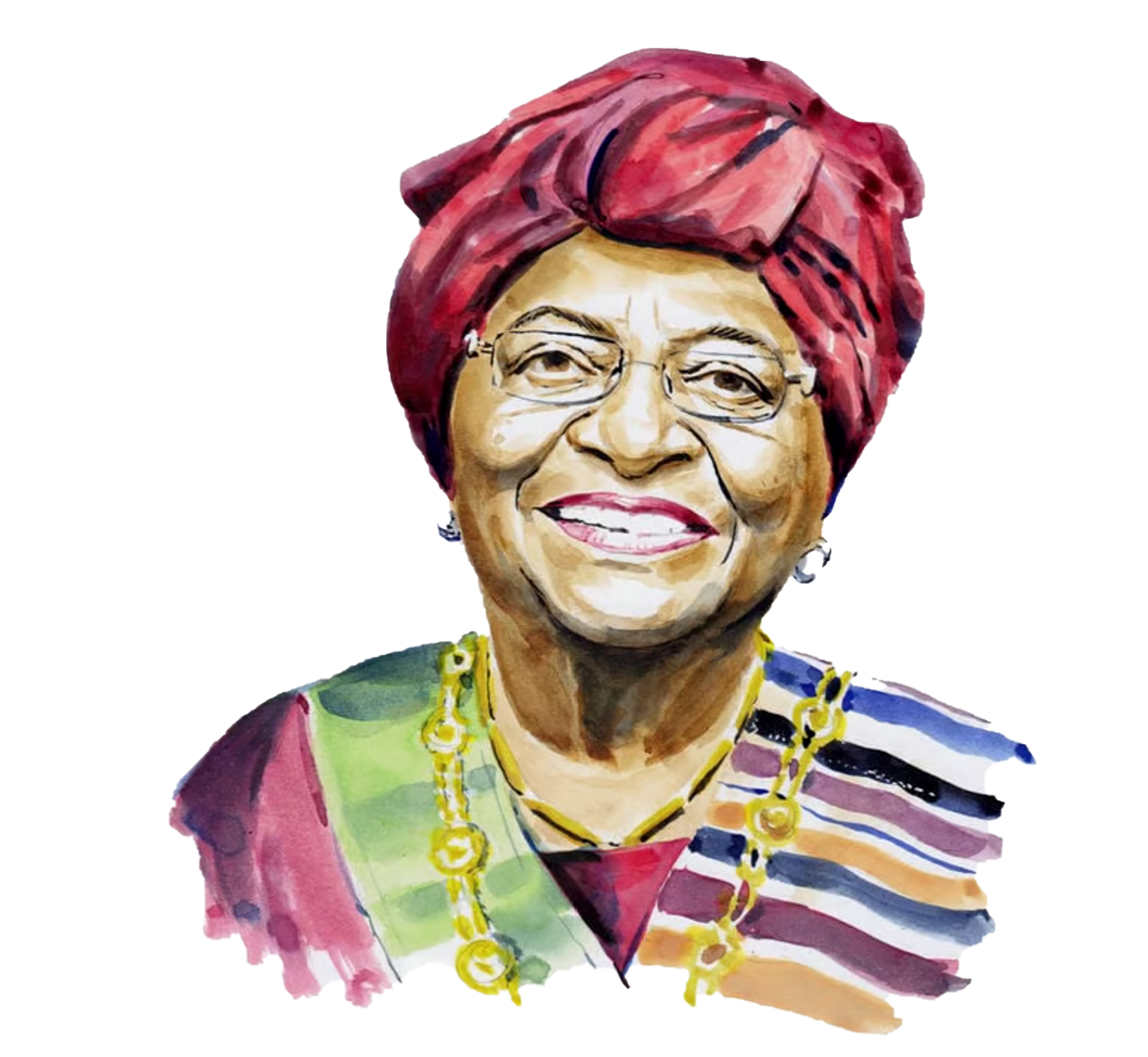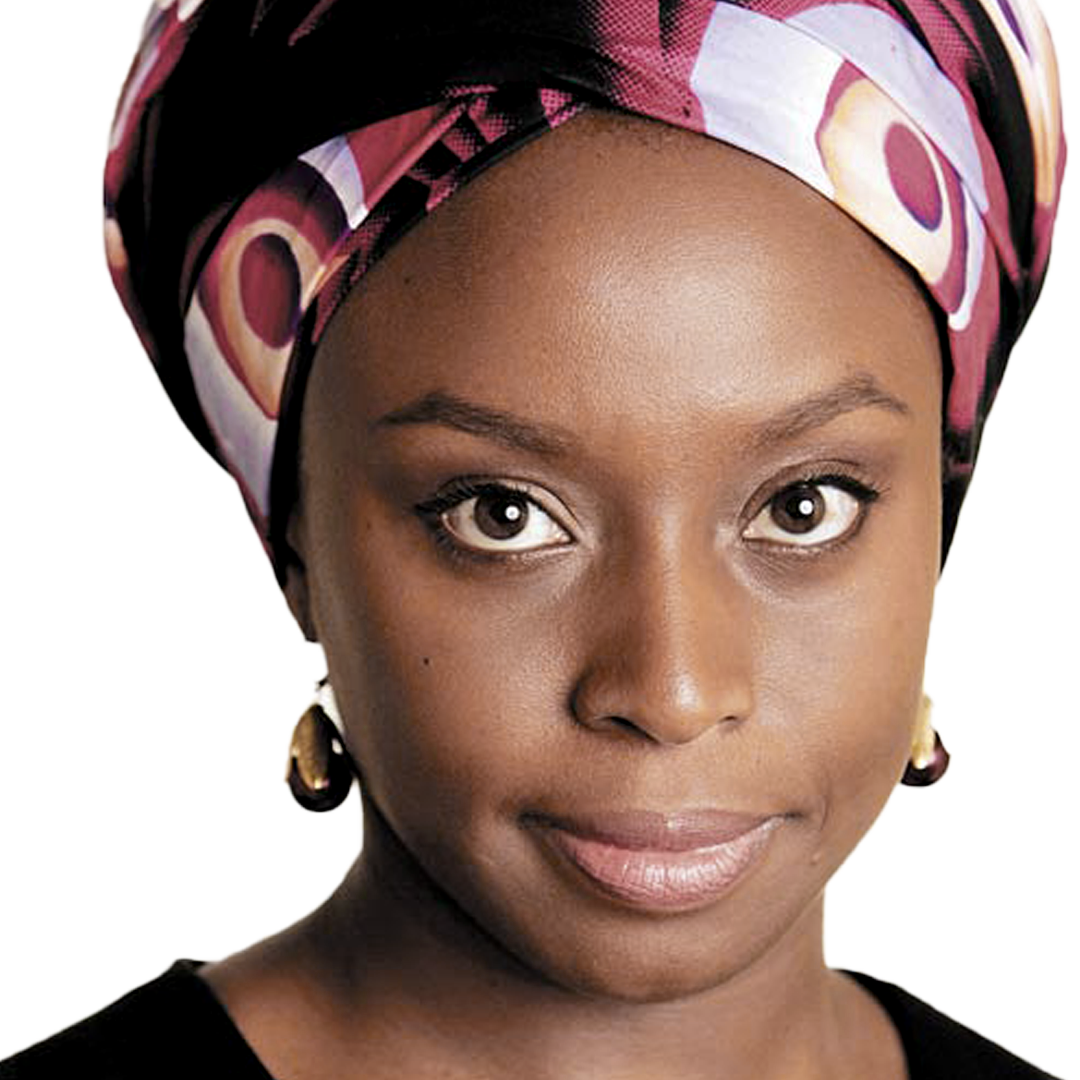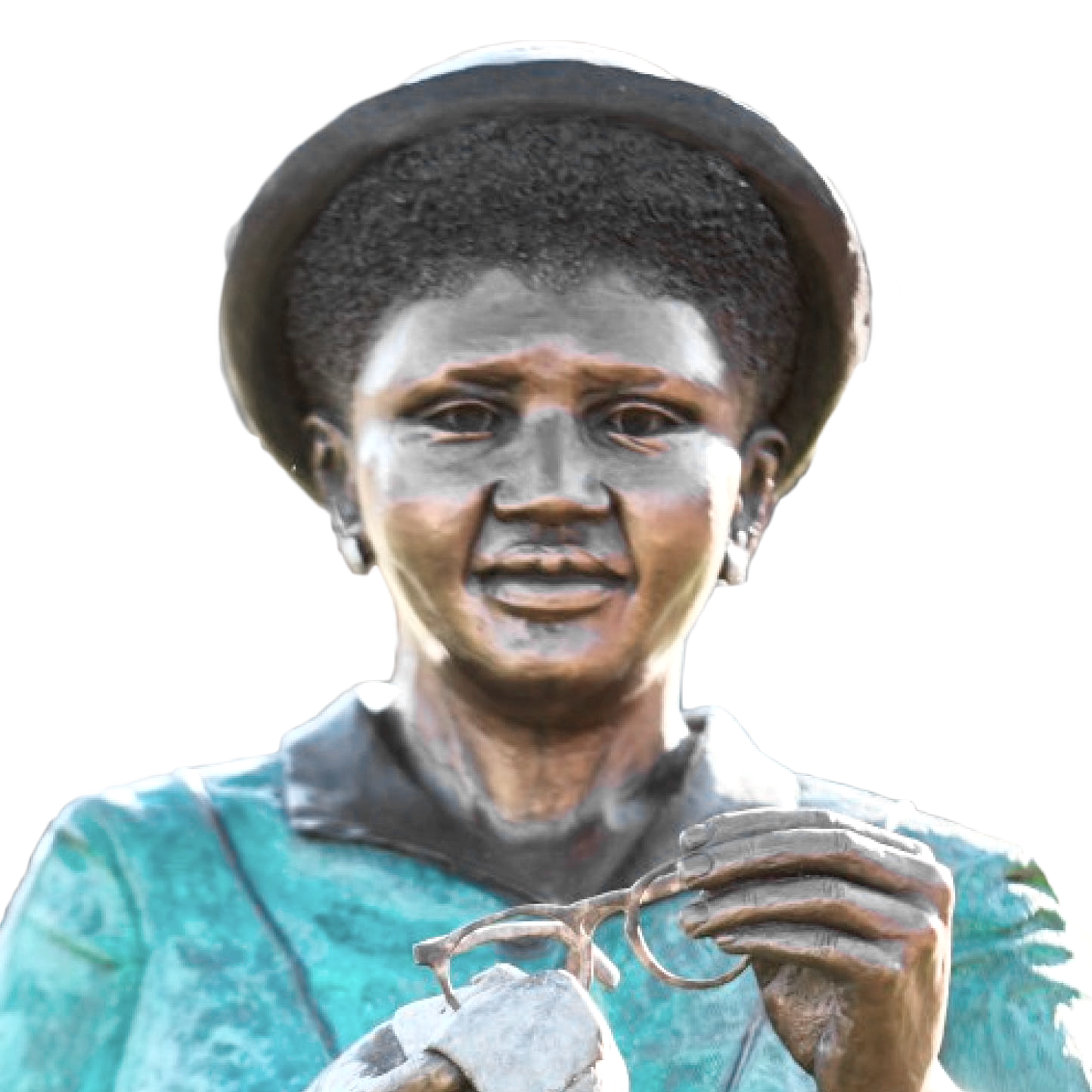Pioneering African Women: Catalysts of Change and Progress
In commemorating Women's Month, it's imperative to delve into the rich tapestry of African history, where extraordinary women have wielded immense influence and power, leaving an indelible mark on their communities, countries, and the continent as a whole. Through their revolutionary actions, resilience, and unwavering commitment to change, these remarkable individuals have not only overcome formidable obstacles but have also inspired generations to come. Let's explore their stories in more detail, understanding the profound impact they've had on Africa's progress.
1. The Green Guardian
Wangari Maathai
Maathai's initiative not only revitalized Kenya's landscape but also inspired similar movements across Africa and the world, demonstrating the transformative power of grassroots environmental activism.
Wangari Maathai, a Kenyan environmentalist, founded the Green Belt Movement in 1977, a grassroots initiative aimed at combating deforestation and empowering women through tree planting. Maathai's vision was not just about planting trees but about nurturing environmental consciousness and democratic activism among communities. Over the years, her initiative mobilized thousands of women to plant over 30 million trees across Kenya, providing sustainable livelihoods and mitigating the impacts of climate change. The Green Belt Movement also advocated for land rights, environmental conservation, and good governance, earning Maathai the prestigious Nobel Peace Prize in 2004.
Wangari Maathai: the Nobel Peace Prize Laureate Who Planted Trees
2. A Pillar of Resistance
Winnie Madikizela-Mandela
Winnie's unwavering defiance and tireless activism earned her the nickname "Mother of the Nation," as she became a symbol of resistance and resilience for oppressed communities across South Africa.
The resilient anti-apartheid activist from South Africa, played a pivotal role in the struggle against racial segregation and oppression. While her husband, Nelson Mandela, was incarcerated, Winnie fearlessly led protests, organized resistance efforts, and provided refuge to those persecuted by the apartheid regime. Her unwavering commitment to the cause made her a symbol of hope and defiance, but it also subjected her to relentless harassment, imprisonment, and vilification by the authorities.
Winnie's unwavering defiance and tireless activism earned her the nickname "Mother of the Nation," as she became a symbol of resistance and resilience for oppressed communities across South Africa. Her courage in the face of adversity inspired countless individuals to join the struggle for liberation, demonstrating the transformative power of ordinary people to effect extraordinary change.
There is a great drama movie that chronicles the life of Winnie Mandela from her childhood through her marriage and her husband's incarceration starring Jennifer Hudson and Terrence howard, here is the trailer below.
3.the Defiant ruler
Nzinga Mbandi Queen of the Mbundu people
She is known for her diplomatic and military strategies in defending her kingdoms against the Portuguese, transforming them into successful commercial states.
Queen Nzinga, the formidable ruler of the Ndongo and Matamba kingdoms in present-day Angola during the 17th century, stands as a towering figure in African history. Faced with Portuguese colonial aggression, Nzinga demonstrated exceptional leadership and diplomatic prowess in resisting foreign domination. She forged strategic alliances, engaged in skilled negotiations, and led her people in battle against the colonizers, earning her a reputation as a fierce defender of African sovereignty.
Despite facing overwhelming odds, Queen Nzinga's resilience and determination ensured the survival of her kingdoms and inspired future generations to resist colonial oppression. Her legacy continues to resonate in Angola and beyond as a testament to the strength and resilience of African women in the face of adversity.
If you’d like to lear more about her story, multiple movies were made, we recommend you watch “Njinga: Queen Of Angola”, a 2013 Angolan historical epic film directed by Sérgio Graciano. Here is the movie trailer.
4. the Voice of Liberation
Miriam Makeba
“Be careful, think about the effect of what you say. Your words should be constructive, bring people together, not pull them apart.”
The iconic South African singer and civil rights activist, used her captivating voice to amplify the voices of the oppressed and marginalized. Through her music, Makeba brought international attention to the injustices of apartheid and became a global advocate for freedom and equality. Despite facing exile and persecution for her activism, she remained unwavering in her commitment to justice, inspiring millions around the world with her talent and courage.
Makeba's influence extended far beyond the realms of music; she was a fervent campaigner for human rights, participating in numerous anti-apartheid rallies and international forums to raise awareness about the plight of her people. Her resilience and determination to effect change through art serve as a powerful example of the transformative power of culture and creativity in advancing social justice.
Miriam Makeba - Qongqothwane (The Click Song) (Live, 1963)
5. a Trailblazer for Women's Rights
Funmilayo Ransome-Kuti,
She played a significant role in organizing the Abeokuta Women's Union, a grassroots movement that mobilized thousands of women to protest against oppressive colonial policies and taxation.
A pioneering Nigerian activist and educator, she dedicated her life to the fight for women's rights and social justice. As one of the leading figures in Nigeria's struggle for independence, Ransome-Kuti fearlessly challenged colonial rule and patriarchal norms, advocating for the rights of women to education, political participation, and economic empowerment.
Ransome-Kuti's fearless leadership and commitment to gender equality laid the foundation for future feminist movements in Nigeria and inspired women across Africa to demand their rights and freedoms.
6. The Trailblazing Leader
Ellen Johnson Sirleaf,
“The size of your dreams must always exceed your current capacity to achieve them. If your dreams do not scare you, they are not big enough.”
Liberia's first female president and Africa's first elected female head of state, she shattered gender barriers and paved the way for women's political empowerment. Despite facing entrenched corruption and the legacy of civil war, Sirleaf's leadership brought stability and progress to Liberia, earning her international acclaim and recognition, including the Nobel Peace Prize in 2011.
Under her leadership, Liberia made significant strides in rebuilding its economy, strengthening democratic institutions, and promoting gender equality. Sirleaf's tenure inspired women across Africa to aspire to leadership positions and challenged entrenched stereotypes about women's roles in politics and society.
7. a Literary and Feminist Icon
Chimamanda Ngozi Adichie
“I am Nigerian because a white man created Nigeria and gave me that identity. I am black because the white man constructed black to be as different as possible from his white. But I was Igbo before the white man came.”
Award-winning Nigerian author and feminist, she has captivated readers worldwide with her powerful storytelling and incisive commentary on gender, race, and identity. Through acclaimed novels such as "Half of a Yellow Sun" and "Americanah," Adichie has challenged prevailing narratives and shed light on the complexities of African experiences.
Beyond her literary achievements, Adichie has emerged as a leading voice in the global feminist movement, advocating for gender equality and challenging patriarchal norms and stereotypes. Her TED Talk, "We Should All Be Feminists," has become a rallying cry for gender justice, inspiring millions to embrace feminism as a force for social change.
8. A Champion for Human Rights
Graca Machel
“Preventing the conflicts of tomorrow means changing the mind-set of youth today.”
The esteemed Mozambican humanitarian and activist, has dedicated her life to advocating for the rights of women and children in Africa. As the widow of both Mozambican President Samora Machel and South African President Nelson Mandela, Machel has used her platform to amplify the voices of the marginalized and vulnerable.
Through her leadership of organizations such as the Graca Machel Trust and the Foundation for Community Development, Machel has championed initiatives to improve access to education, healthcare, and economic opportunities for women and children across the continent. Her tireless efforts have earned her international recognition and acclaim as a leading advocate for human rights and social justice.
9. A Symbol of Resistance
Dorothy Nyembe
Although she dedicated her life to the struggle for liberated South africa, and was a central force in the political organisations she worked with in her resolve to bring down the apartheid government, her name appears in few of the current histories.
A devoted actor of the anti-apartheid struggle in South Africa, she exemplified courage and resilience in the face of oppression. Despite enduring imprisonment and harassment for her activism, Nyembe remained steadfast in her commitment to the liberation struggle, becoming a symbol of hope and defiance for generations of South Africans.
Nyembe's contributions to the struggle for freedom and democracy in South Africa were immense, from organizing protests and mobilizing communities to providing support for political prisoners and their families. Her leadership within the African National Congress (ANC) helped galvanize resistance against apartheid policies, inspiring others to join the fight for justice and equality.
These nine remarkable women, through their resilience, leadership, and unwavering commitment to change, have left an indelible legacy on the African continent. Their stories are a testament to the power of determination, courage, and collective action in overcoming adversity and shaping a brighter future for Africa.
As we honor these trailblazers during Women's Month, let us draw inspiration from their extraordinary lives and contributions. Let us celebrate their courage, resilience, and unwavering commitment to justice and equality, and let their stories serve as a reminder of the transformative potential of women's leadership in driving progress and shaping the destiny of the continent. In doing so, we honor not only their memory but also the countless unsung heroines whose courage and sacrifices have paved the way for a more just, equitable, and prosperous Africa for all.

